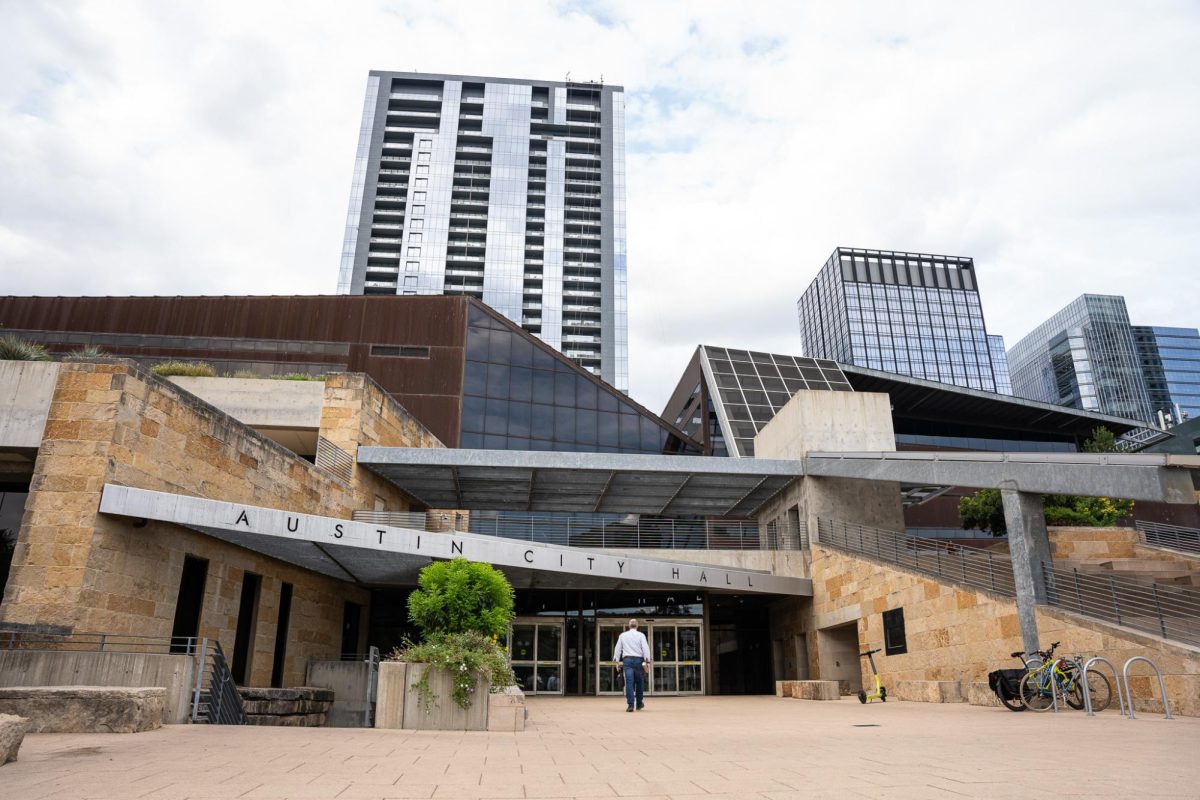Total summer enrollment at UT decreased about 12% from 2015 to 2019, according to data provided by the Office of the Executive Vice President and Provost.
All colleges, except for three, saw decreases in their summer enrollment over the past five years. The School of Undergraduate Studies and the Jackson School of Geosciences experienced the largest drops of nearly 50%, according to the data.
Carolyn Connerat, associate vice provost for Enrollment Management, said the University implemented initiatives that encourage students to take more classes in fall and spring semesters to help their four-year degree plan, which may be a reason for the trend. However, the office did not necessarily expect a decrease in summer enrollment, Connerat said.
“It wasn’t something that I think was planned,” Connerat said.
A summer class is canceled if it cannot reach its minimum enrollment cutoff. Susan Somers, academic advising coordinator for the College of Liberal Arts, said she noticed decreasing summer enrollment from the time she began advising about nine years ago, especially with lower-division classes. This created “uncomfortable” situations with new faculty, Somers said.
“If we were offering someone a job to teach and then their class didn’t make (the enrollment cutoff), we had to say, ‘Oh, no, we’re going to cancel (your class),’” Somers said.
Jeff Handy, interim director and Title IX liaison at the Vick Center for Strategic Advising and Career Counseling, said his student advisees have enrolled in summer classes that were later canceled due to low enrollment.
“Depending on how much notice they have, they might be able to find something else,” Handy said. “But in certain cases, that can … affect someone’s ability to graduate.”
Somers said the departments work to make sure they are offering classes students will actually take.
“It’s really important to offer the things that people really need,” Somers said. “If we offer the wrong thing, that creates a lot of repercussions.”
The amount of online course offerings at UT has doubled in the past five years, according to data provided by the Office of the Executive Vice President and Provost. Somers said the Latin program was not able to maintain enrollment when it offered in-classroom courses, but by offering classes online over the summer, enrollment increased.
Brent Iverson, dean of the School of Undergraduate Studies, said he’s noticed how many core classes are now being offered online.
“Several years ago, classes were mostly face-to-face,” Iverson said. “Now, it’s almost all online.”
Handy said his advisees prefer taking summer classes at local community colleges due to the lower cost.
The average fixed tuition to enroll in one summer class at UT for in-state students was about $1,372 in 2015. In 2019, it was about $1,484, according to the UT Tuition website. For Texas resident students at Austin Community College, the cost for three credit hours in 2019 was $255, according to the ACC district website.
Somers said some students benefit from summer classes, and it would be unfortunate if the University cut more.
“In the summer, there’s less distractions … you can really focus,” Somers said. “It’s good for students.”
Mathematics junior Meili Dubbs said she liked the experience of being on campus over the summer.
“I really like the classroom experience and having that community with my classmates,” Dubbs said.





















